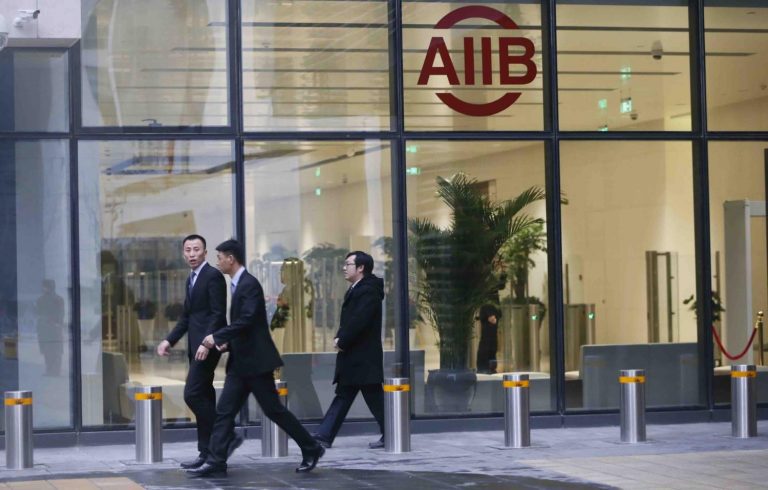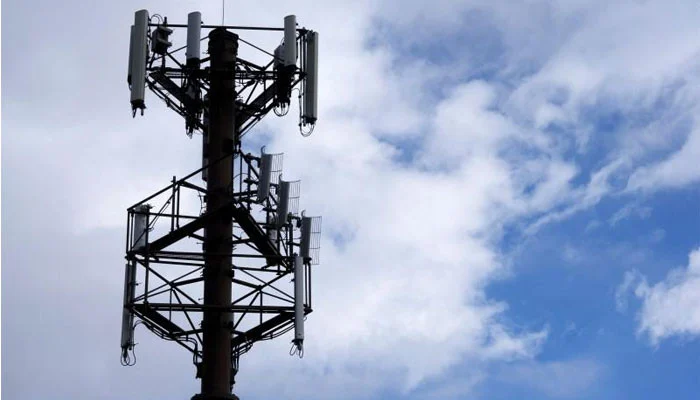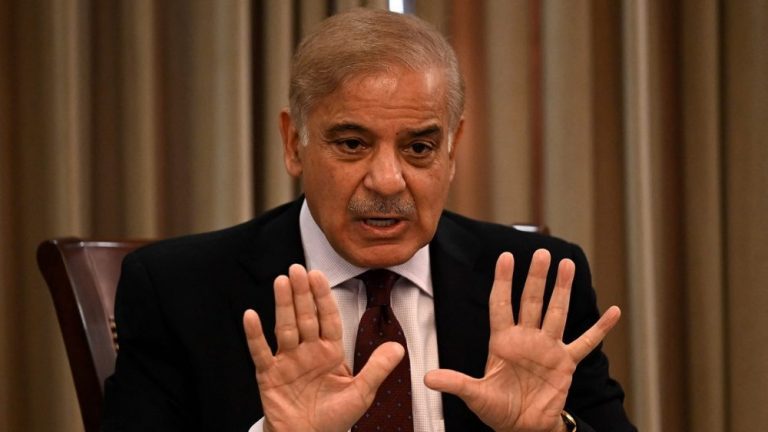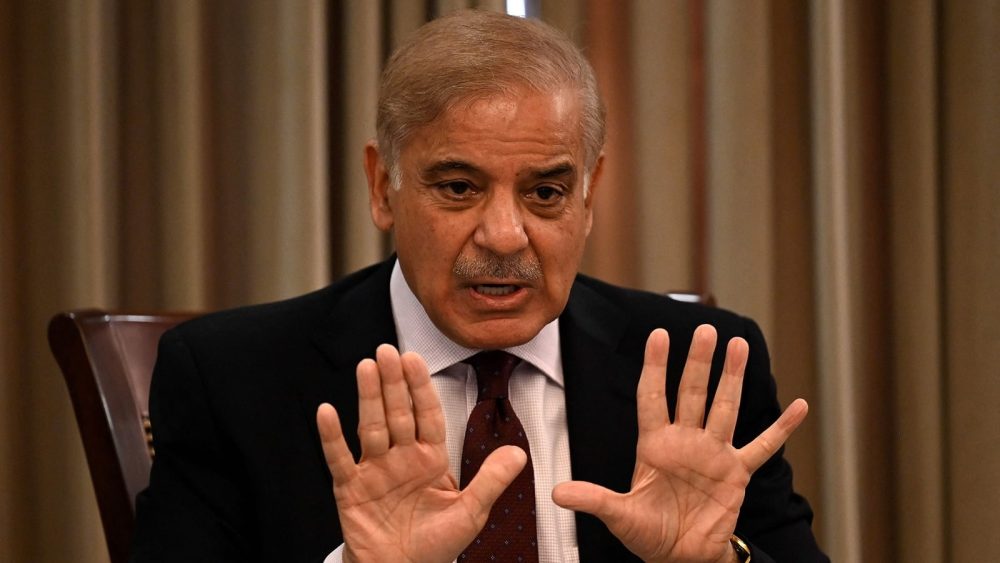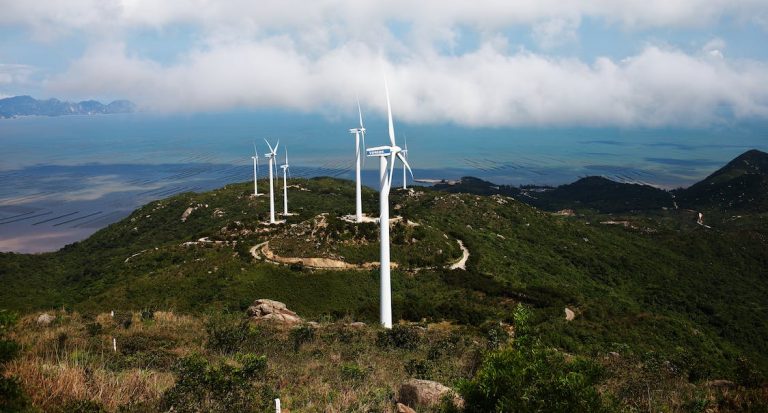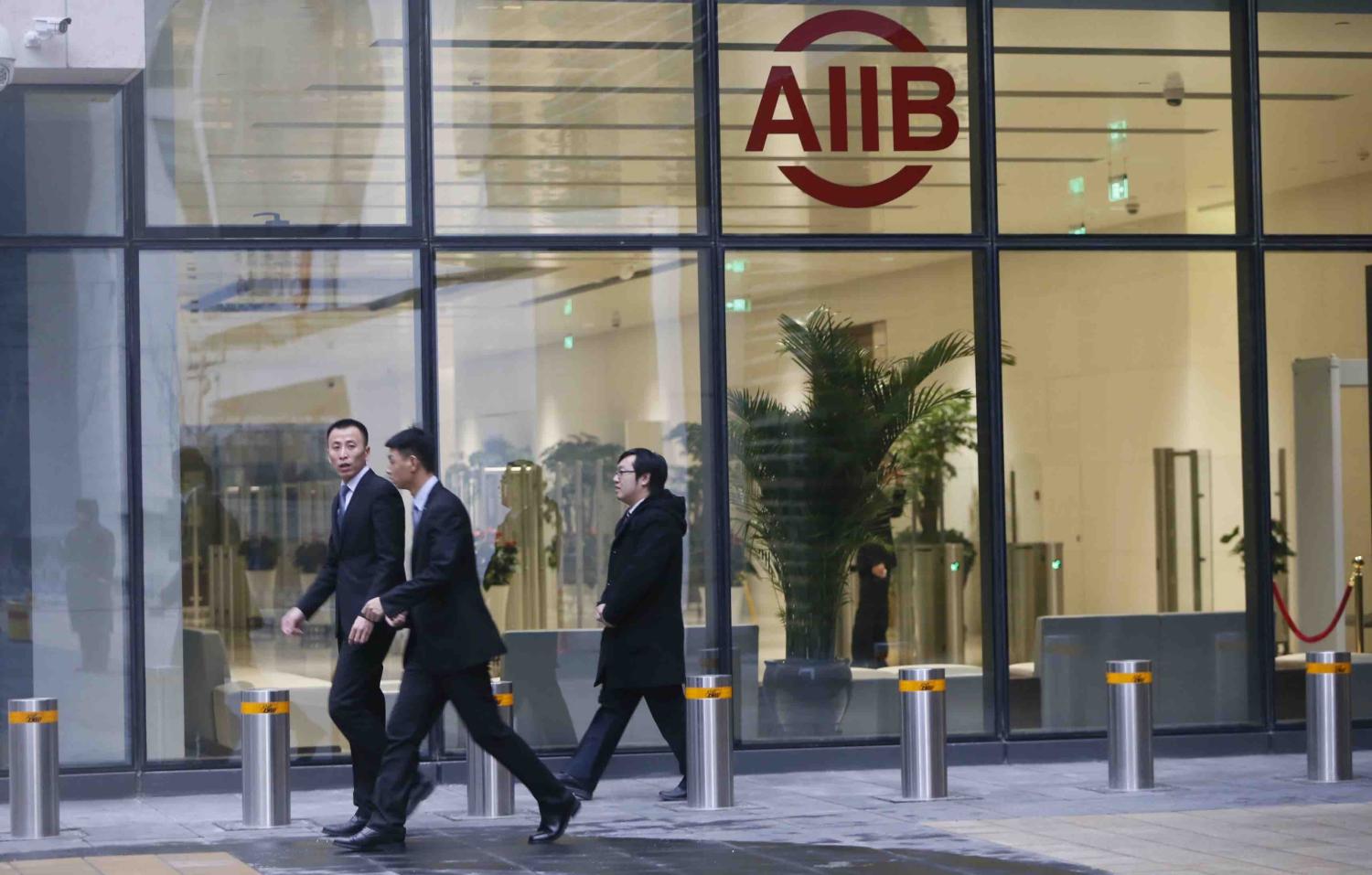
Pakistan to receive $500 million from AIIB for BRACE, says Ishaq Dar.
An AIIB & Asian Development Bank funding initiative called BRACE (Building Resilience with Active Countercyclical Expenditures Program) aims to mitigate the social effects of economic disaster.
Dar posted on his Twitter account, “This money will be received by State Bank of Pakistan within November 2022.”
In the midst of disastrous floods and disruptions to the global supply chain, the ADB granted $1.5 billion in financing in October to assist Pakistan in promoting social protection, enhancing food security, & supporting employment for citizens.
The $2.3 billion government program for countercyclical development expenditures, which aims to mitigate the consequences of external shocks like the Russian invasion of Ukraine, will benefit from the financing. The financing is offered under ADB’s BRACE (Building Resilience through Active Countercyclical Expenditures) Program.
External shocks have hampered Pakistan’s recovery from the Covid-19 outbreak
According to ADB Director General for Central and West Asia Yevgeniy Zhukov.
Rising business expenses and rising living costs are having an effect on millions of Pakistanis, especially the poor and disadvantaged. The government would be helped by the ADB program to deal with the effects of high prices, rising food insecurity, sluggish economic growth, and decreasing income for vulnerable populations, Many of whom are still suffering from the destruction caused by the floods, according to the official.
“The initiative is part of a comprehensive and well-planned aid package. According to ADB Director for Public Management, Financial Sector, and Trade Tariq Niazi, it will assist the government in coping with the effects of the immediate shocks to the economy while continuing the structural reforms required to enhance the country’s medium- to long-term macroeconomic prospects.
To ensure that our assistance through policy dialogue, technical support, and program lending is well-coordinated and that, ultimately, we are able to assist the government in strengthening Pakistan‘s resilience to shocks, we are closely collaborating with the International Monetary Fund and other development partners.


